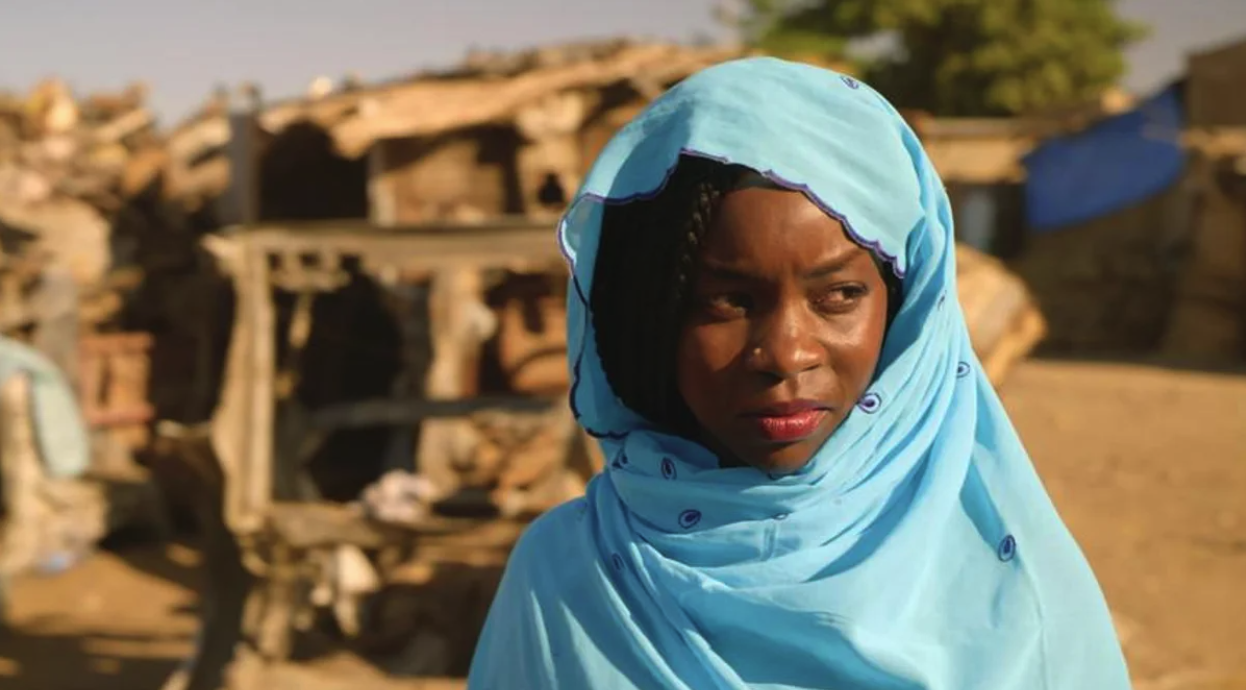Lingui, The Sacred Bonds
In N’Djamena, Chad, Amina is concerned for her 15 year old daughter, Maria, who was sexually assulted by an elder in their community and is now pregnant. Their community’s Islamic beliefs do not allow abortions. Maria tells Amina she does not want to keep the baby, her frantic mother beats her back while crying, “You cannot do it! It’s not allowed!” The fear of being ostracized from her peers eventually takes over Maria at a pool party, when her friends offer her beer and she uncharacteristically runs away from them without any explanation.
Because of the lack of support from her mother, Maria becomes depressed and is pushed to the point where she attempts to drown in a desert oasis. Director Matamat Saleh-Haroun does not stray from the hard subject of suicide among the Black diaspora. I remember the francophone African immigrant who set himself on fire after being denied asylum status from the French government in Saleh-Haroun’s 2017 film, “Une Saison en France''. While Maria has the legal right to make the decision that will determine the trajectory of her life this film touches on the internal battle of contemplating one’s own existence in reference to a society that does not empathize with the human desire for choice.
From street vendors to motorcycle taxi rides flooding the roadways, N’Djamena is a bustling city. Neutral earth tones are captured in wide-angled scenes, enhancing the beauty of Chad. By day, complementary tones of orange and blue chadors breathe life into the sandy beige village. By night, the viewer is the omnipresent being hoping for the safety of Maria in her attempt to get an abortion.
The scenes are shot from outside a concrete home, looking through the fences. The viewers can recognize the privacy the healer tries to maintain as the abortion takes place. The nurses act with haste when providing treatment, keeping an eye out for anyone suspicious of their actions. The angst of avoiding local police or community leaders is contagious. If ‘illegal’ was a feeling, it would be at this moment. In response to a call reporting “suspicious activity”, the police arrive to arrest the nurses. The call was made by a man next door to the home who saw Maria in scrubs and a nurse rushing to get her indoors. Imagine that —- a man inserting himself into a woman’s reproductive business and his concern takes precedence. Unbelievable, right?
Maria’s bravery is commendable. Despite the adversity she faces, she remains persistent in making one of the most critical decisions possible for anyone with a uterus. I also admire Amina’s support after being told by her own daughter that she did not want to be a teenage mother like her. It stung to hear a comment like that and I’m not Maria’s mother. Yet, Amina responded with compassion, seeking assistance from the local healer. Abandoning oppressive traditions for the well-being of her children — even if it puts her own life at risk is the truest love from a parent I could witness.
The lack of reproductive rights around the world suppresses the lives of those who are forced to carry the burden of sexual assault on their bodies and minds. Saleh-Haroun’s well-timed film, “Lingui, The Sacred Bonds” represents empowerment and selflessness under patriarchal societies that challenge the lives of women and men everywhere.
-written by Zoey Howell - Brown

